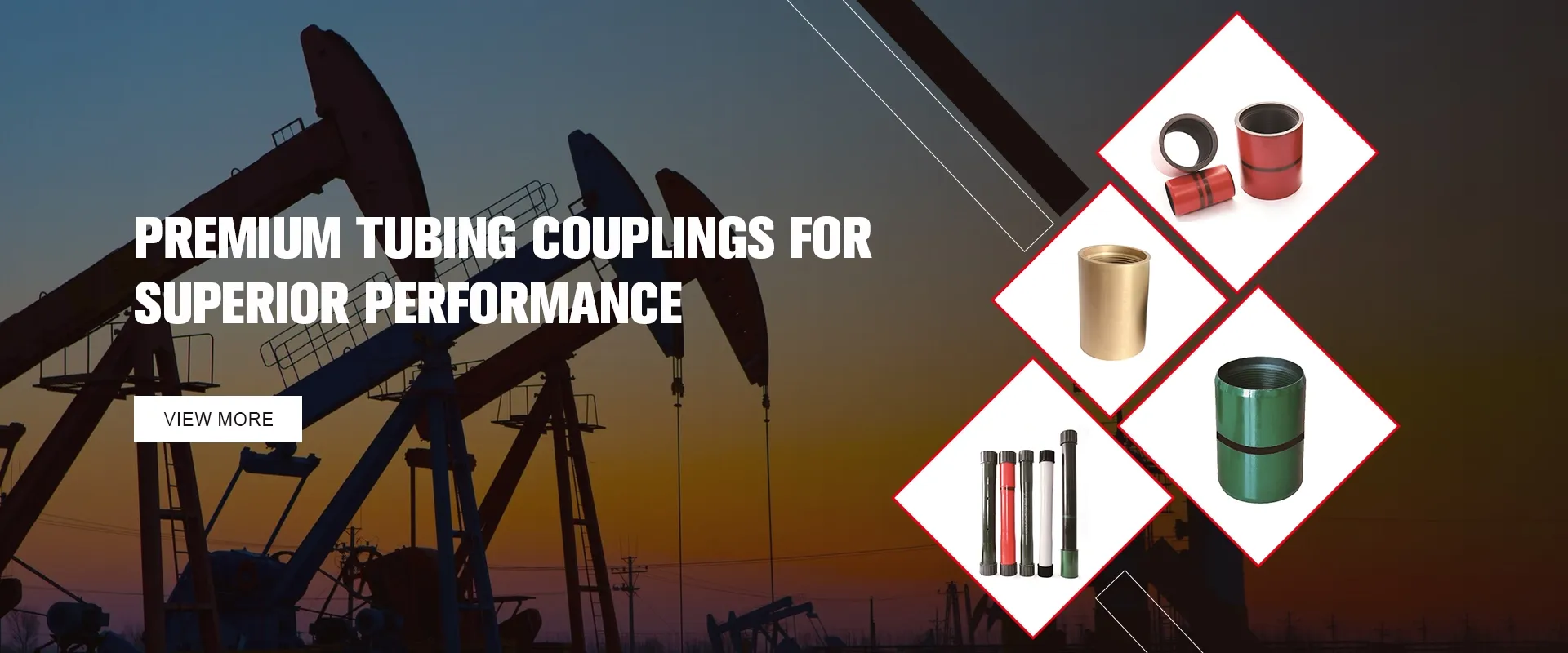- Afrikaans
- Albanian
- Amharic
- Arabic
- Armenian
- Azerbaijani
- Basque
- Belarusian
- Bengali
- Bosnian
- Bulgarian
- Catalan
- Cebuano
- Corsican
- Croatian
- Czech
- Danish
- Dutch
- English
- Esperanto
- Estonian
- Finnish
- French
- Frisian
- Galician
- Georgian
- German
- Greek
- Gujarati
- Haitian Creole
- hausa
- hawaiian
- Hebrew
- Hindi
- Miao
- Hungarian
- Icelandic
- igbo
- Indonesian
- irish
- Italian
- Japanese
- Javanese
- Kannada
- kazakh
- Khmer
- Rwandese
- Korean
- Kurdish
- Kyrgyz
- Lao
- Latin
- Latvian
- Lithuanian
- Luxembourgish
- Macedonian
- Malgashi
- Malay
- Malayalam
- Maltese
- Maori
- Marathi
- Mongolian
- Myanmar
- Nepali
- Norwegian
- Norwegian
- Occitan
- Pashto
- Persian
- Polish
- Portuguese
- Punjabi
- Romanian
- Russian
- Samoan
- Scottish Gaelic
- Serbian
- Sesotho
- Shona
- Sindhi
- Sinhala
- Slovak
- Slovenian
- Somali
- Spanish
- Sundanese
- Swahili
- Swedish
- Tagalog
- Tajik
- Tamil
- Tatar
- Telugu
- Thai
- Turkish
- Turkmen
- Ukrainian
- Urdu
- Uighur
- Uzbek
- Vietnamese
- Welsh
- Bantu
- Yiddish
- Yoruba
- Zulu
Wholesale Finished Casing Couplings for Reliable Oil and Gas Industry Solutions
Understanding Wholesale Finished Casing Couplings A Comprehensive Overview
In the oil and gas industry, the efficiency of production and drilling processes relies heavily on various components, one of the most critical being casing couplings. As operations take place in challenging environments, the durability, strength, and reliability of these couplings are paramount. Wholesale finished casing couplings are a vital component in ensuring that well integrity is maintained throughout the life of a well. In this article, we will delve into the significance, types, and considerations surrounding wholesale finished casing couplings.
What are Casing Couplings?
Casing couplings are threaded metal connectors used to link individual sections of casing pipes together. Casing pipes are installed in wells to provide structural support, inhibit the collapse of the wellbore, and isolate pressure zones. The role of casings is crucial, as they protect groundwater from contamination, prevent the influx of formations fluids, and sustain well integrity. Casing couplings serve as the junction points where these vital pipes meet.
Importance of Wholesale Finished Casing Couplings
Buying casing couplings in bulk not only ensures a steady supply for ongoing projects but can also lead to significant cost savings. Wholesale purchasing often allows companies to negotiate better prices and secure a more reliable source of quality materials. Furthermore, finished couplings are typically evaluated for quality assurance, meaning that contractors can have confidence in their performance and safety in operations.
Types of Casing Couplings
Finished casing couplings can come in various forms, each designed for specific applications and conditions. Common types include
2. Premium Couplings Designed for more demanding environments, premium couplings offer enhanced features such as greater resistance to corrosion and higher tensile strength.
3. Non-Corrosive Couplings With advancements in material technology, non-corrosive couplings are designed to withstand harsh chemical environments, extending the life of the well and reducing maintenance costs.
wholesale finished casing coupling

4. Specialty Couplings These couplings cater to specific applications, including high-pressure scenarios or environments with unique geological characteristics.
Considerations When Purchasing Casing Couplings
When looking to purchase wholesale finished casing couplings, several critical factors must be considered
- Material Composition The choice of material impacts the coupling’s resistance to corrosion, pressure, and temperature. Common materials include carbon steel, stainless steel, and alloy steel, each with its advantages.
- Thread Standards Different manufacturers may adhere to various thread standards, such as API (American Petroleum Institute) or proprietary threads. Ensuring compatibility with existing casing is essential for effective operation.
- Quality Certification Look for couplings that meet industry standards and certification, such as ISO or API specifications. This ensures that the products have been rigorously tested for quality and safety.
- Supplier Reputation Establishing a relationship with a reputable supplier can be of utmost importance. Suppliers with proven quality and reliability can help prevent delays in critical projects.
- Bulk Discounts & Logistics Consider the financial and logistical advantages of bulk purchasing, including potential discounts and factors like shipping and inventory management.
Conclusion
Wholesale finished casing couplings play a vital role in the efficiency and safety of drilling operations in the oil and gas industry. By understanding the different types of couplings, their importance, and the various factors to consider when purchasing, companies can ensure they make informed decisions that contribute to the longevity and success of their projects. As technology advances and industry demands evolve, the emphasis on quality and reliability in casing couplings will only grow, making it a crucial area for investment and focus.
-
Tubing Pup Joints: Essential Components for Oil and Gas OperationsNewsJul.10,2025
-
Pup Joints: Essential Components for Reliable Drilling OperationsNewsJul.10,2025
-
Pipe Couplings: Connecting Your World EfficientlyNewsJul.10,2025
-
Mastering Oilfield Operations with Quality Tubing and CasingNewsJul.10,2025
-
High-Quality Casing Couplings for Every NeedNewsJul.10,2025
-
Boost Your Drilling Efficiency with Premium Crossover Tools & Seating NipplesNewsJul.10,2025







